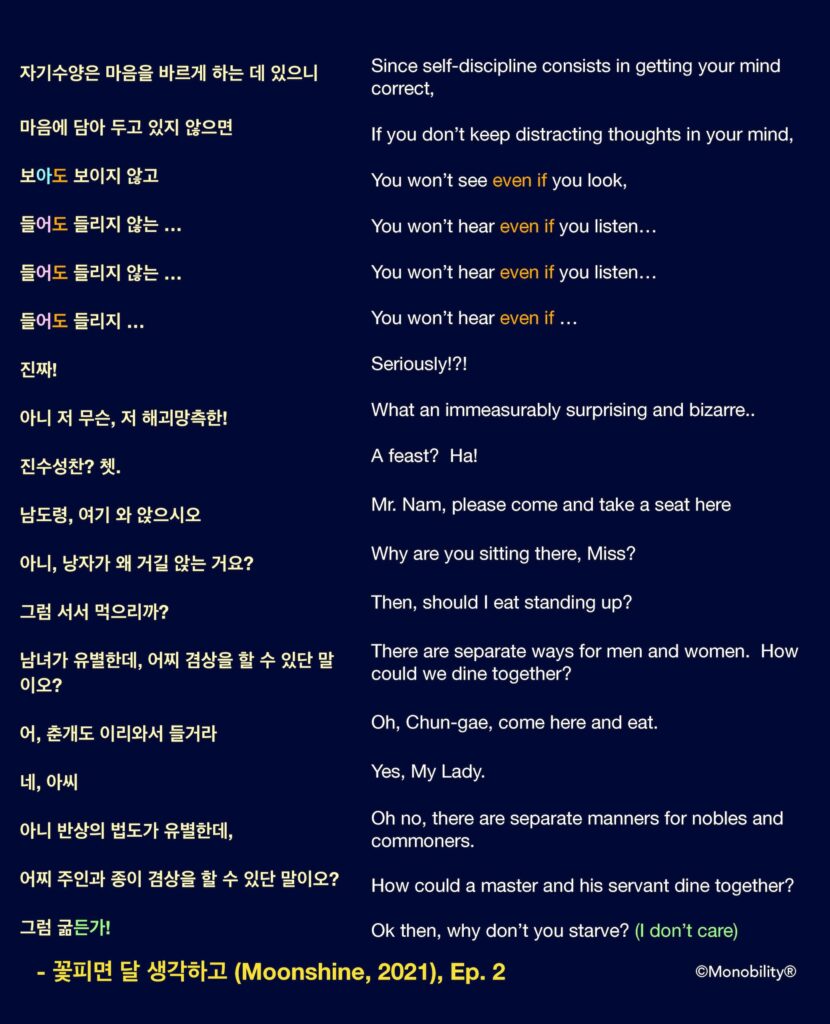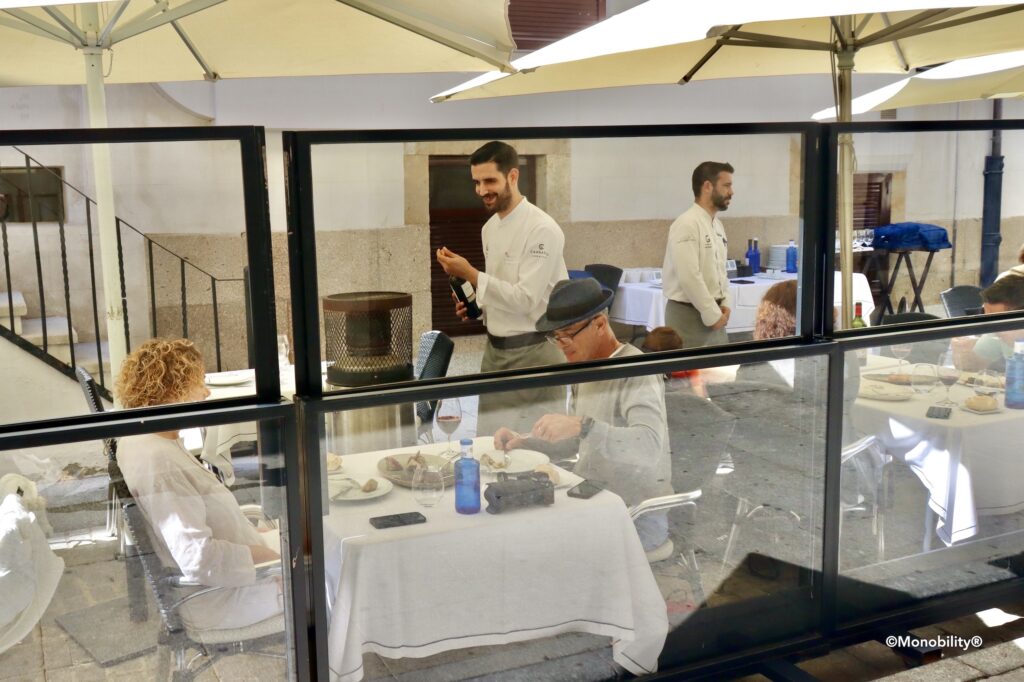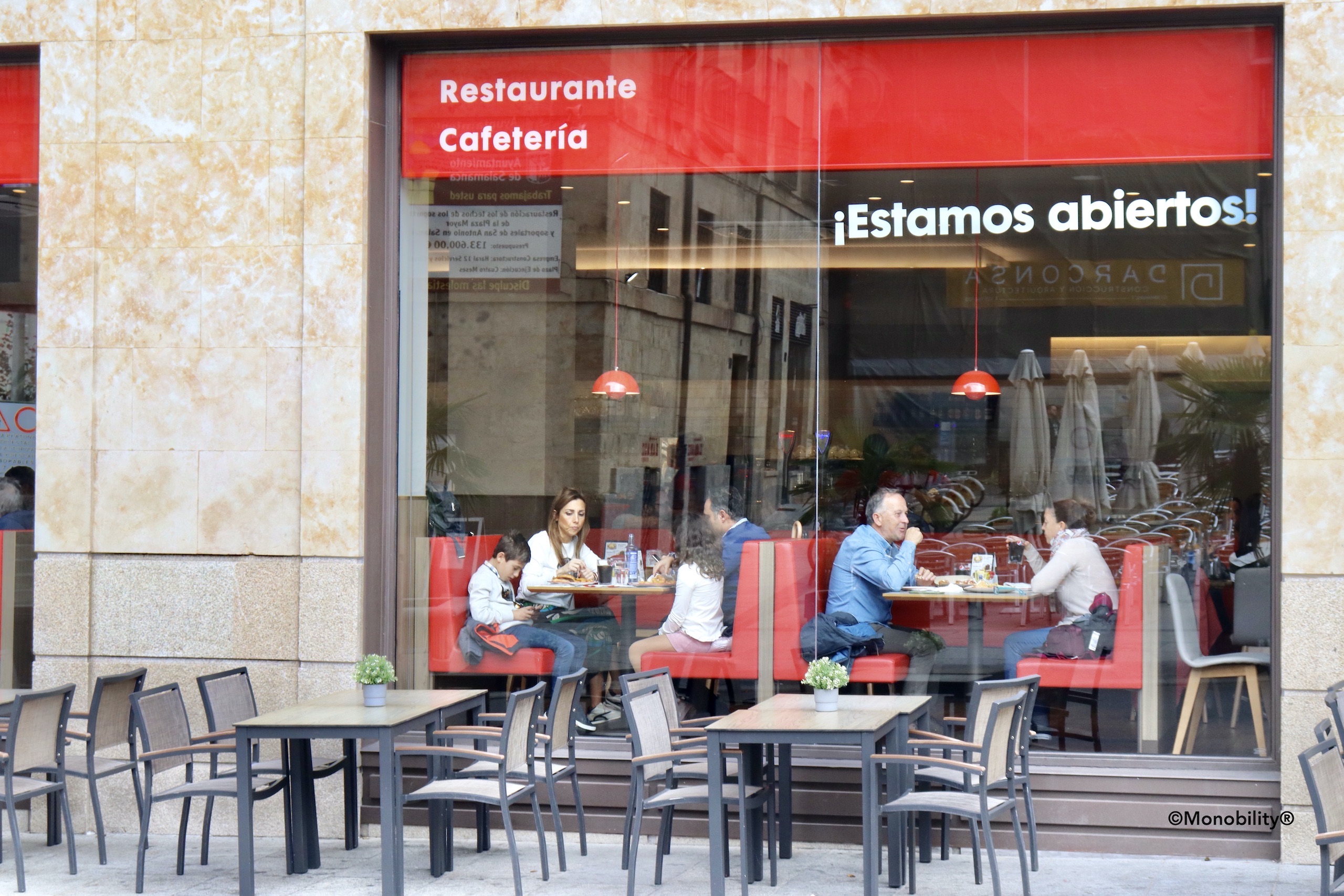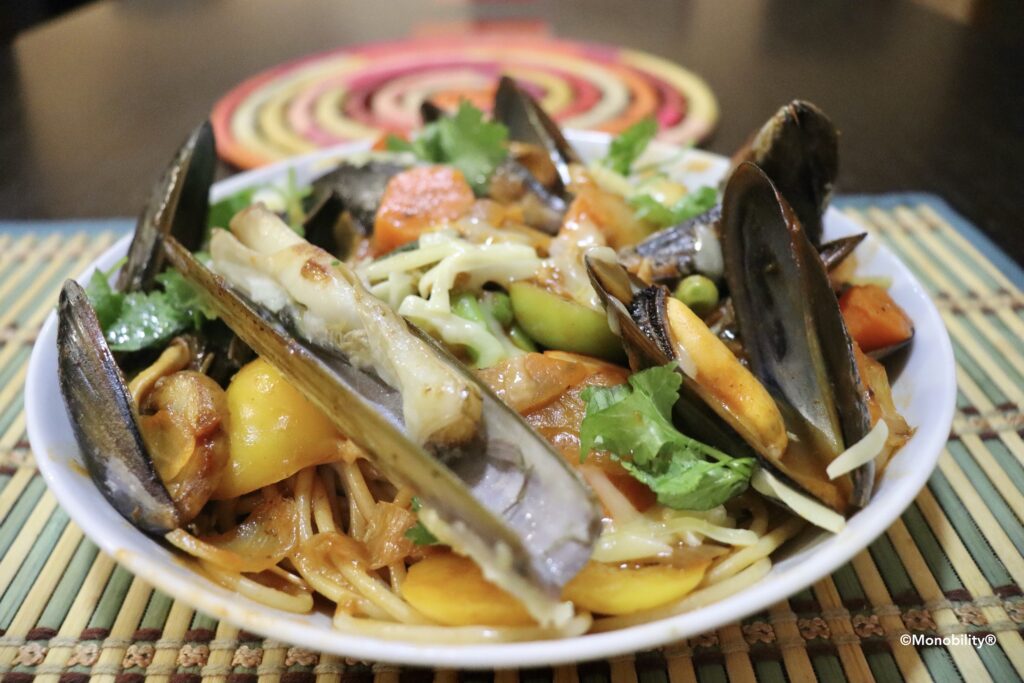I. Verb Conjugation for a Concessive Particle -도
From my previous articles, you may already know that -도 at the end of a verb means “concession”, which can be translated as “Even if …” To actually conjugate the verbs together with -도, you would need to understand “the Rule of Vowel Harmony (모음조화).” Before adding the particle -도, Koreans insert a phoneme – either 아 or 어 – right after the verb stem. And the following Rule of Vowel Harmony determines whether you should use 아 or 어:
- If the verb stem’s last vowel is ㅏ or ㅗ, use 아 before -도 => -아도
- 알다 to know => 알 + 아도 even if … know [ vowel of the verb stem 알 is ㅏ => Add 아도 ]
- 보다 to see, look => 보 + 아도 even if … look [ vowel of the verb stem 보 is ㅗ => Add 아도 ]
- If the verb stem’s last vowel is ㅓ, ㅜ, ㅡ, orㅣ, use 어 before -도 => -어도
- 먹다 to eat => 먹 + 어도 even if … eat [ vowel of the verb stem 먹 is ㅓ => Add 어도 ]
- 웃다 to laugh, smile => 웃 + 어도 even if … laugh/smile [ vowel of the verb stem 웃 is ㅜ => Add 어도 ]
- 듣다 to listen => 들 + 어도 even if … listen [ vowel of the verb stem 듣 is ㅡ => 듣 becomes 들 (irregular verb), and Add 어도 ]
- 잊다 to forget => 잊 + 어도 even if … forget [ vowel of the verb stem 잊 is ㅣ => Add 어도 ]
In its particular application above, the Rule of Vowel Harmony essentially says that “ㅏ” is a “yang (male)” vowel that only gets along with “ㅗ”, and of course, “ㅏ” himself. On the other hand, “ㅓ” is a “yin (female)” vowel that gets along with all the rest of the vowels, in harmony. That’s just one way to explain the phonetic phenomena which still remain in contemporary Korean, so you can memorize the rule better. Native speakers of Korean, just as native speakers of any other language, don’t even think about this rule. It’s hardwired into the tongue. No need to think, unfortunately. That’s why practicing a foreign language is a good way to train our brains.
P.S.> And of course, there are exceptions to every rule:
i) All those ubiquitous verbs ending with -하다 conjugate into -해도. Its literary form is -하여도, used only in written Korean.
- 사랑하다 to love => 사랑해도 even if … love [ = 사랑하여도 literary ]
- 공부하다 to study = > 공부해도 even if … study [ = 공부하여도 literary ]
ii) A few verb stems ending with the vowel ㅏ, without a consonant, do not take the 아/어 phoneme. Just simply add -도 to the verb stem:
- 가다 to go => 가도 even if … go [ 가도 아주 가지는 안노라심은 That even if you go, you won’t be gone forever – 김소월 (1902 – 1934), from “개여울 (By the Creek, 1922)” ]
- 사다 to buy => 사도 even if … buy
iii) When the verb stem doesn’t end with a consonant, contraction of the verb stem vowel and the phonemes 아/어 occurs. This is not an “exception” per se. It’s just another phonetic phenomenon, i.e., 모음축약 (Vowel Contraction), which happens in every human language:
- 오다 to come => 와도 even if … come [ 오 + ㅏ + 도 => 와도, since ㅗ + ㅏ = ㅘ ]
- 주다 to give => 줘도 even if … give [ 주 + ㅓ + 도 => 줘도, since ㅜ + ㅓ = ㅝ ]
As you may realize by now, Korean grammar is so hopelessly phonetic. It’s like Human Tongue Anatomy 101 class. ^^
II. How to Say “Whether … or Not”: -든지 (말든지) / -든가 (말든가)
To express two choices in a clause such as “whether … or …”, Koreans add -든지 to the verb stem (without any other vowel insertion, in this case). You can use -든지 to a series of verbs, not just two. But usually in most sentences, -든지 is followed by “말든지” which means “or not.” Colloquially, one can also say “-든가”, and it has exactly the same meaning as “-든지.”
- 우리와 함께 가든지 여기 남든지 결정하세요 Please decide whether you’ll go with us or stay here.
- 사든지 말든지는 내가 정해 It’s me who will decide whether to buy it or not.
- 그럼, 먹든가 (말든가!) Whether you eat it, (or not… I don’t really care!)
The last example shows how -든가 or -든지 is used as a stand-alone expression, leaving the sentence up in the air, seemingly unfinished. In this informal colloquial usage, -든지/-든가 strongly implies that “You can do …, but I don’t really care if you do … or not.” Please watch how 이혜리 says it, showing off her sass in a hilarious scene from “꽃피면 달 생각하고 (Moonshine, 2021)” – a superb “fusion” historical comedy mocking absurdities of a bygone era from the perspectives of today’s reality. If there is one Korean actress who makes me laugh for no obvious reason, no matter what she says or how she acts, like a little younger sister, she is the one. ^^

Join Monobility® Group for much more:



